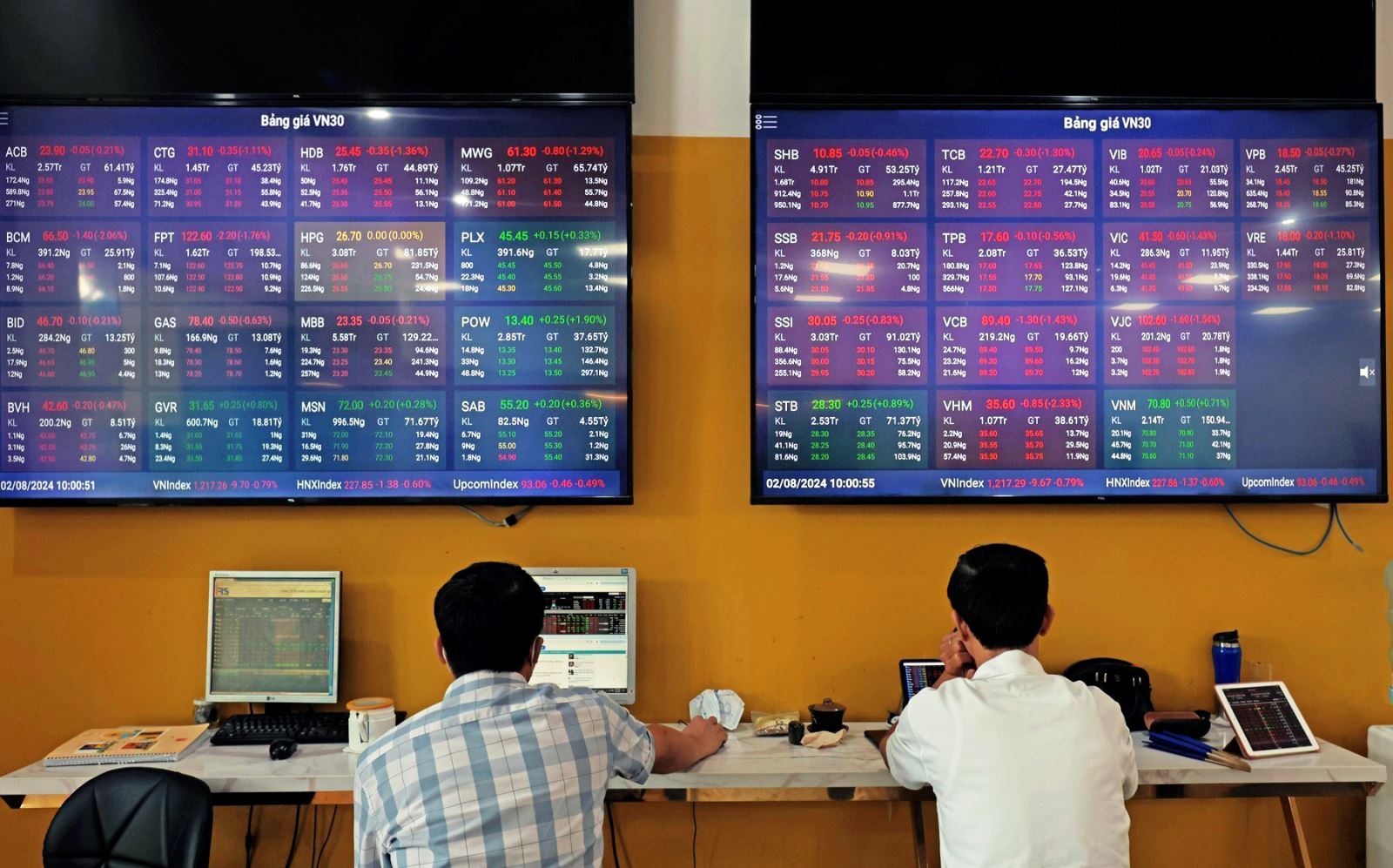
According to analysts, the upgrade marks an important turning point in the development and integration of the Vietnamese stock market into the global financial system. This is not only a recognition of market reform and transparency, but also opens up opportunities to attract large-scale capital flows from foreign investment funds, especially index funds tracking emerging markets. The market's long-term growth prospects are therefore assessed more positively in the coming period.
Important turning point
In the early morning of October 8, FTSE Russell announced the upgrade of Vietnam's stock market to secondary emerging market status. The upgrade will officially take effect from September 21, 2026, after the mid-term review in March 2026. Previously, Vietnam was added to the watch list in September 2018.
Analysts commented that this event is a historic milestone for the Vietnamese stock market. This is the result of the efforts and determination of the management agency and market members in developing the market, approaching international standards and attracting institutional investment capital.
Recent policy breakthroughs, along with the implementation of the KRX trading system and the permission for non-prefunding stock purchases by foreign institutional investors, have contributed significantly to improving transparency, risk management and operational efficiency - key criteria in FTSE and MSCI's upgrade assessment.
With this decision, Vietnam is now placed in the same category as larger markets such as China, India, Saudi Arabia and Indonesia. The upgrade signals a new era of growth potential for the Vietnamese market.
According to Mr. Gary Harron - Head of Securities Services, HSBC Vietnam, the above positive information is a testament to the fact that Vietnam's rising international position can firmly overcome short-term storms. The new position is a recognition of the joint efforts of the Government , management agencies and market participants.
“Removing the frontier market label will have a major impact on investor behavior and confidence, change the market's long-term economic development trajectory, and reduce dependence on any one trading partner,” said Gary Harron.
Mr. Pham Luu Hung, Chief Economist of SSI Securities Corporation, said that in previous discussions with foreign investors, not all were optimistic about the possibility of Vietnam being upgraded this time. Therefore, the decision to upgrade this time has partly eliminated previous concerns, and at the same time shows effective coordination between domestic management agencies and the rating organization FTSE Russell. The fact that many issues were resolved in a short time is a very positive signal.
Although there are still some issues that need to be addressed before Vietnamese stocks are officially included in the FTSE Emerging Markets Index in September 2026, SSI believes that the issues under consideration are highly feasible to be implemented before the FTSE assessment deadline. In fact, resolving these issues will create a favorable, transparent legal environment, better supporting the operations of market members.
According to Maybank Investment Bank, this decision is not only an unprecedented boost for the capital market, but also a worthy recognition of the Vietnamese Government's resolute reform efforts. The synchronous issuance of new mechanisms and policies, aiming to create maximum favorable conditions for foreign investment flows, has paid off. This important event not only enhances the country's position on the global financial map, but also promises to create a large and sustainable growth momentum for the Vietnamese stock market in the coming period.
Opportunity to attract billions of dollars
Analysts say that Vietnam's upgrade to an emerging market by FTSE will open the door for large investment flows into Vietnam with the opportunity to attract billions of dollars from passive and active investment funds.
Under the mechanism, the upgrade will automatically put Vietnam into major indices such as FTSE All-World, FTSE EM and FTSE Asia, forcing passive funds based on these indices to buy Vietnamese stocks or ETFs. FTSE index funds alone will create a forced buying force. At the same time, the interest of active funds is also very large.
HSBC Global Investment Research forecasts that the potential for foreign capital inflows could be as high as $3.4 billion to $10.4 billion from active and passive funds after the upgrade. Maybank Investment estimates that the upgrade could help the Vietnamese market attract about $1 billion from passive funds and $4-5 billion from active funds.
Experts from Maybank Investment Bank believe that this capital flow helps increase liquidity, expand scale and enhance market depth. At the same time, corporate valuations are improved thanks to increased confidence and attractiveness in the eyes of international investors. The upgrading process also promotes institutional reform, improves transaction mechanisms and information transparency, thereby affirming Vietnam's new position on the regional and global financial map.
Based on the assumption that all stocks in the FTSE Vietnam index will be included in the FTSE emerging markets index, VPBank Securities Joint Stock Company (VPBankS) estimates that the value of passive and active capital flows into the Vietnamese market will reach about 3 - 7 billion USD in the period after the upgrade decision takes effect.
According to Mr. Tran Hoang Son, VPBankS Market Strategy Director, removing the pre-funding requirement (depositing money before trading) will encourage institutional investors to participate. This can help the market increase daily trading value to 2-3 billion USD, making the market more liquid, more stable and less volatile.
In particular, in the context of Vietnam being one of the more mature growing economies in the ASEAN region, upgrading the stock market will contribute to enhancing the image and economic position of Vietnam. Thereby, increasing the attractiveness to large investors (such as pension funds and ETFs); at the same time, consolidating the position in international trade negotiations and attracting higher quality FDI.
The larger capital flow after the upgrade will facilitate businesses to promote IPOs and new listings, thereby increasing the supply of goods to the market and expanding the capitalization scale. The stock market can therefore become a more effective capital mobilization channel for the economy, contributing to the GDP growth target of over 8% in 2025 and maintaining double-digit growth in the period 2026-2030.
“Not only does it bring financial benefits, the upgrade also creates a push for businesses to reform, improve operating standards and governance capacity. In the long term, this is an important driving force in the process of economic structural reform, helping Vietnam move closer to the goal of becoming a high-income country by 2045,” said Mr. Tran Hoang Son.
Source: https://baotintuc.vn/thi-truong-tien-te/nang-hang-chung-khoan-khang-dinh-vi-the-quoc-gia-tren-ban-do-tai-chinh-toan-cau-20251008130429574.htm











![[Infographic] Vietnam's stock market exceeds 11 million trading accounts](https://vphoto.vietnam.vn/thumb/402x226/vietnam/resource/IMAGE/2025/11/09/1762677474332_chungkhoanhomnay0-17599399693831269195438.jpeg)

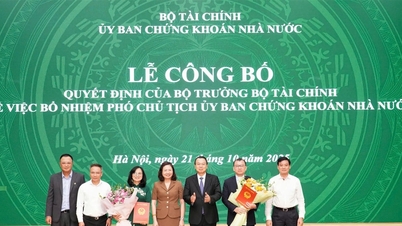


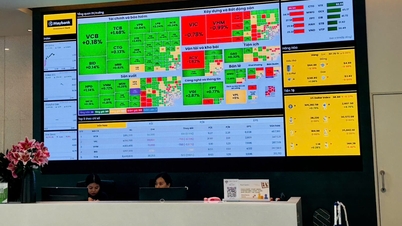
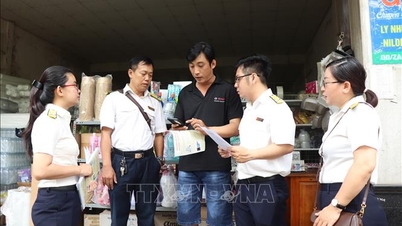
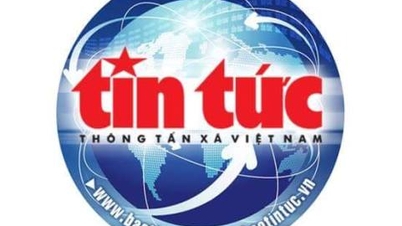

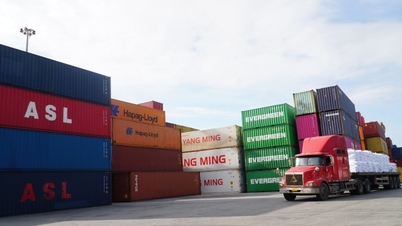


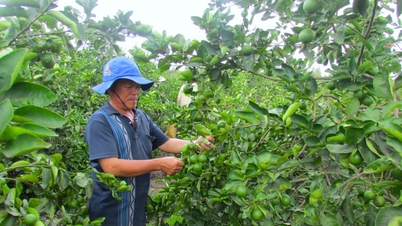




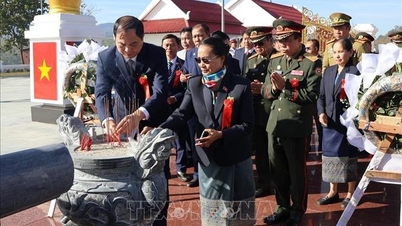

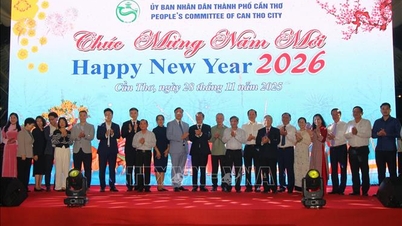

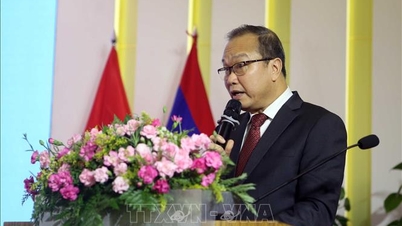
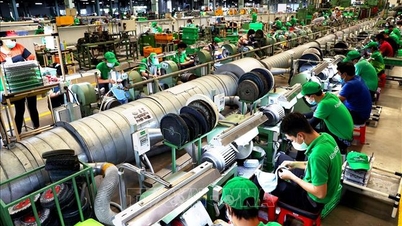




















































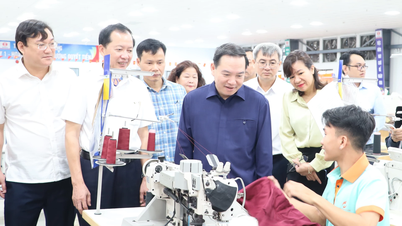


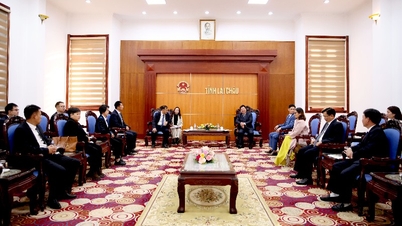














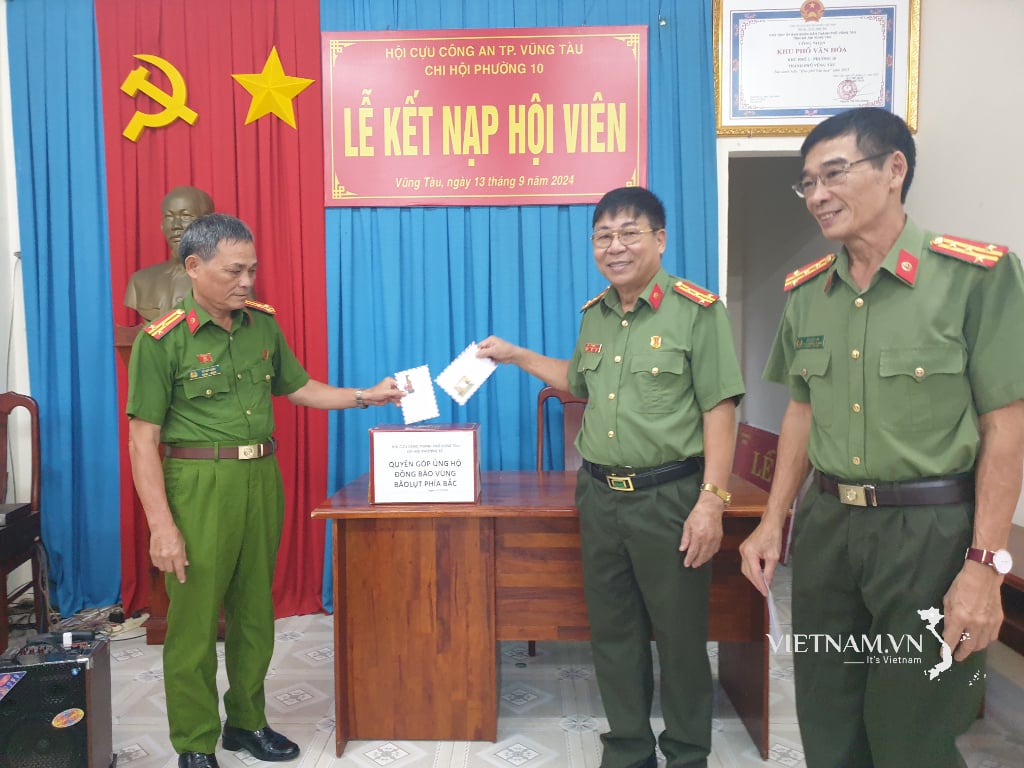


Comment (0)